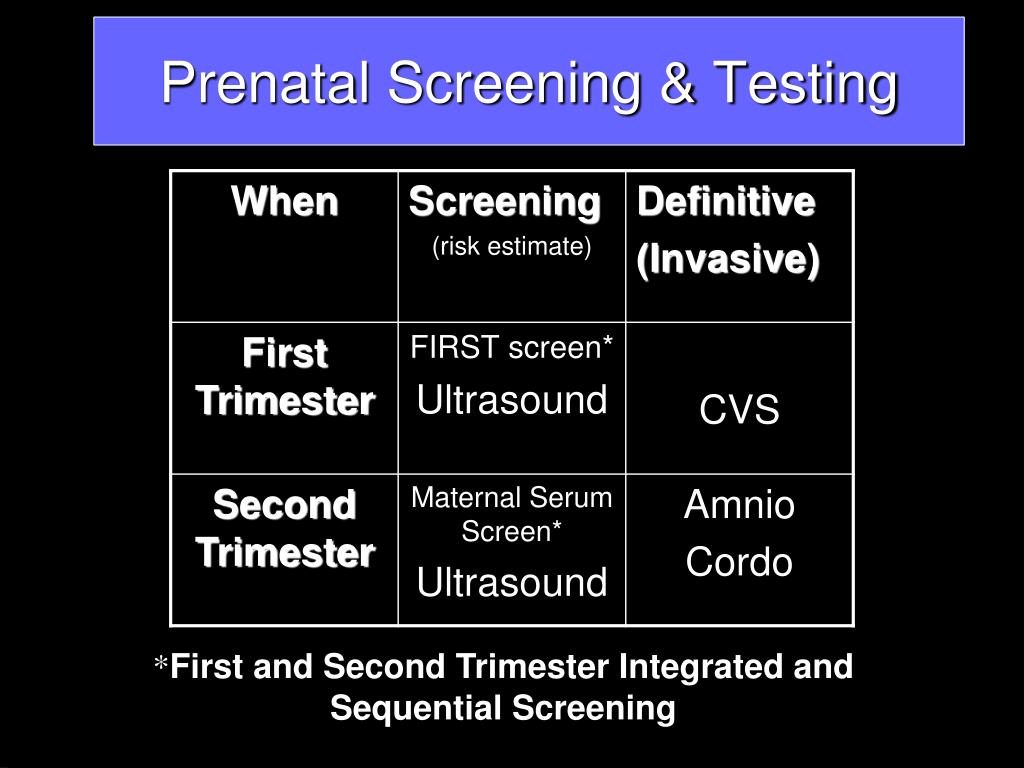
Please contact your local laboratory for more information.

When only a single test, Hepatitis B Surface Antigen, is ordered to diagnose Hepatitis B in a pregnant woman, additional tests such as liver enzymes should be ordered to confirm the diagnosis. If RPR screen is reactive, RPR Titer and FTA Confirmatory testing will be performed at an additional charge. Please contact your local laboratory or go to /TestCenter for more information.ī Reflex testing may be performed at an additional charge.Ĭ Risk factors include known HIV infection close contact with individuals known or suspected to have TB medical risk factors such as diabetes, lupus, cancer, alcoholism, and drug addiction birth in or emigration from countries with high prevalence being medically underserved homelessness living or working in long-term care facilities, such as correctional institutions, mental health institutions, and nursing homes.ĭ If positive, test-of-cure should be performed within 3-4 weeks post-treatment.Į If Antibody Screen is positive, Antibody Identification, Titer, and Antigen Typing will be performed at an additional charge. Non-imaged Paps as well as conventional Paps are also available at Quest Diagnostics. doi: 10.1053/j.semperi.2015.11.005.A The age-based offerings are based on ACOG recommendations and include image-guided Pap tests. A special ultrasound, called a nuchal translucency screening. Expanded carrier screening: A review of early implementation and literature. A blood test checks for levels of two substances - pregnancy-associated plasma protein-A (PAPP-A) and human chorionic gonadotropin. Carrier screening for recessive disorders. Clinical Utility of Expanded Carrier Screening: Reproductive Behaviors of At-Risk Couples. Ghiossi C.E., Goldberg J.D., Haque I.S., Lazarin G.A., Wong K.K. Comprehensive carrier screening and molecular diagnostic testing for recessive childhood diseases. Clinical utility of expanded carrier screening: Results-guided actionability and outcomes. Johansen Taber K.A., Beauchamp K.A., Lazarin G.A., Muzzey D., Arjunan A., Goldberg J.D.

Genetic education is warranted for the better implementation of ECS.Ĭhinese Hong Kong expanded carrier screening recessive disorders. In addition, more than half of male partners whose wives were carriers declined any types of sequential testing possibly due to a lack of awareness and knowledge of genetic disorders. Our study demonstrated that a small-size ECS panel could yield comparable clinical value to a larger-size panel when the carrier rate of the individual condition is equal or greater than 1%. Eight at-risk couples were identified and four of them performed prenatal diagnosis. Sequential testing was performed in less than half of male partners. The estimated at-risk couple rate was 0.83%. A total of 1321 women performed ECS successfully and the overall carrier rate was 19.23%.

The reproductive decision and pregnancy outcome were surveyed for at-risk couples.

Sequential testing of their partners was recommended for women with a positive carrier status. An ECS panel containing 11 recessive conditions was offered to Chinese pregnant women below 16 gestational weeks. The aim of this study is to evaluate the feasibility of a small-size ECS panel in clinical implementation and investigate Chinese couples' attitudes towards ECS. Demands for expanded carrier screening (ECS) are growing and ECS is becoming an important part of obstetrics practice and reproductive planning.


 0 kommentar(er)
0 kommentar(er)
